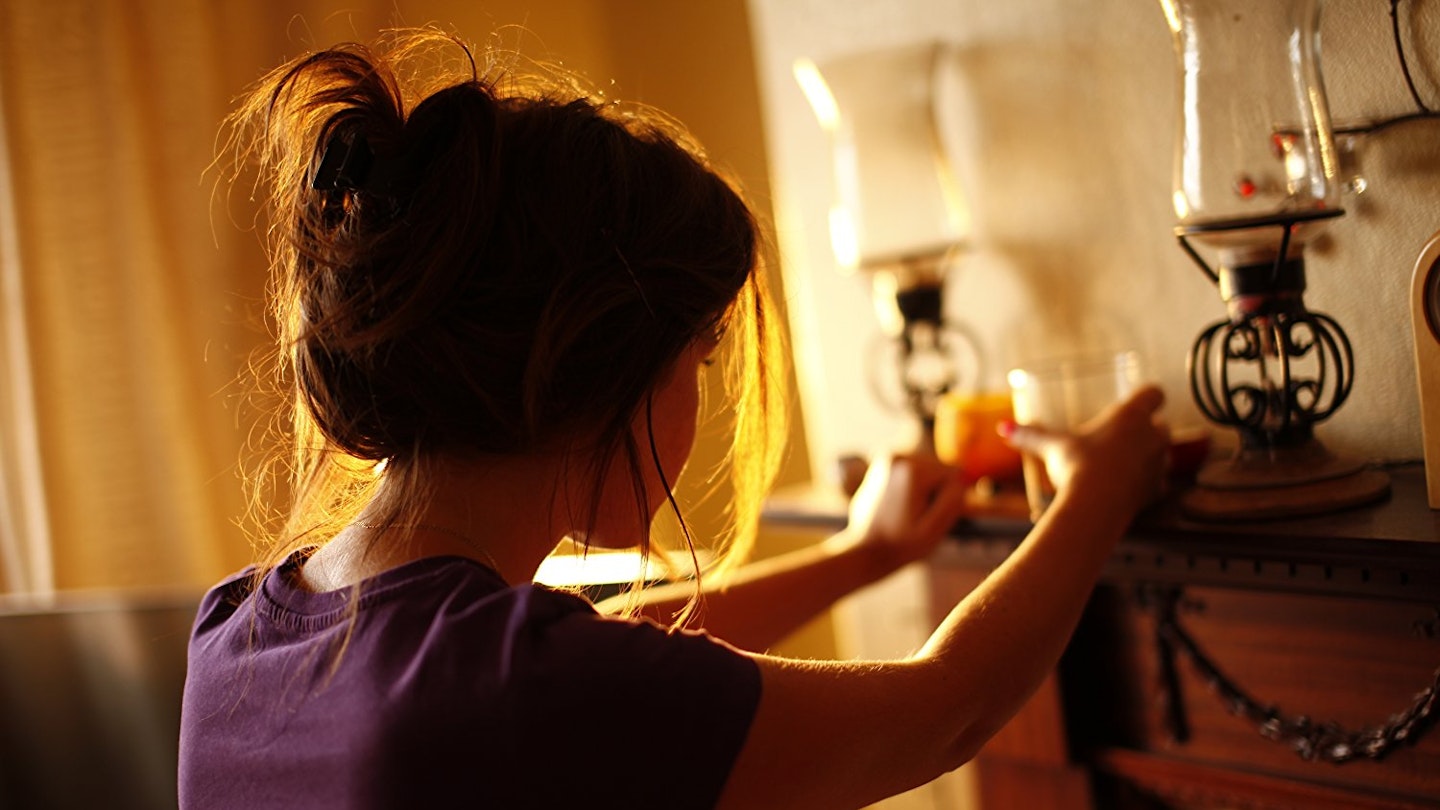The majority of films about British Muslims have tended to focus on assimilation (East Is East and Brick Lane), radicalisation (My Son The Fanatic and My Brother The Devil) and honour killings (Catch Me Daddy and Honour). A handful have put a comic slant on these issues, including Josh Appignanesi's The Infidel and Chris Morris' Four Lions. But only Kenneth Glenaan's Yasmin had explored in any depth the prejudice endured by the Muslim community prior to Freesia, a multi-narrative drama that first-time writer-director Conor Ibrahiem insists is the first ever UK film to address Islamophobia.
Contains lessons that all communities should heed.
Taking its title from a plant that florists supposedly recommend to those who perform gracefully under pressure, this is intended to be the first in a trilogy designed to change people's perceptions of a misunderstood faith and its attendant culture. But it also has much to say about Brexit Britain.
Prompted by the snipes of a mother who has been drifting apart from his milquetoast father since he lost his factory job, neglected schoolboy Zac (Thomas) seeks answers in supremacist literature for what he considers to be his family's increasing marginalisation. Thus, when a neighbour's sister is raped by a Pakistani sex ring, Zac stabs Muslim community leader Mohammed Rafique (Rehman), even though he had been playing a key role in inter-faith initiatives and trying to prevent his mosque from falling into the hands of a clique. While Rehman fights for his life, secular son Yusuf (Khan) struggles to make sense of the attack and is reluctant to seek consolation in religion. But, having witnessed the crime, outgoing graduate Khadija (Dehrouyeh) withdraws behind the veil, as she tries to come to terms with an unprovoked assault on her mother, the hypocrisy of her drug-dealing brother and the daily indignities she has to endure as a Muslim woman.
The standard-bearers of British social realism have done a pretty feeble job of confronting racism and it's time for new voices to be heard. Ibrahiem might still have a lot to learn about directing actors, pacing scenes and expressing complex ideas as everyday speech. But he cannot be faulted for the ambition he shows as both an activist and an artist in attempting to tackle so many contentious topics on a 13-day schedule and a budget of just £27,000. In truth, Islamophobia is no more prioritised than discussions of the North-South divide, the declining influence of Christianity, family breakdown, the status of women, homelessness and cultural insularity within urban enclaves. Indeed, this often feels as Corbynistic as it does Islamophilic. Yet Ibrahiem is also ready to examine leadership within mosques and madrassas, chauvinism, the dual standards involved in drug dealing and grooming, and the misappropriation of Koranic verses. Consequently, his film is laudably balanced and contains lessons that all communities should heed.
Shooting with two cameras for efficiency and spontaneity, Ibrahiem and debuting cinematographer Daniele Cruccolini deftly capture the ambience of the West Yorkshire locations. This post-industrial backdrop provides the setting for the closing confrontation between Khadija and passing bigot, Bainton (Mark Morrell). It's one of the few scenes to ring hollow. But it does recall a conversation in another Bradford-based picture, as Finlay Currie and Tom Courtenay stand on the moors overlooking the city in John Schlesinger's Billy Liar, respectively representing its past and its future.
